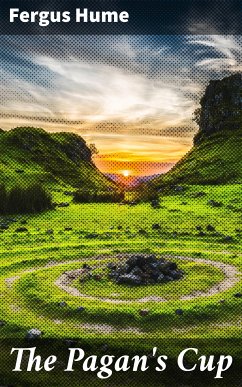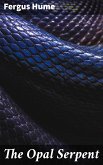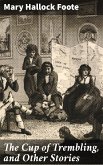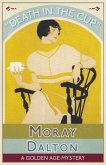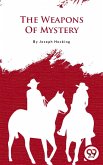Fergus Hume's "The Pagan's Cup" is a captivating blend of detective fiction and gothic elements, set against the backdrop of a decaying mansion filled with mystique and intrigue. The novel meticulously unfolds a complex interplay of crime and moral ambiguity, highlighting the tensions between the spiritual and the material. Hume expertly employs a rich, atmospheric prose style that immerses readers in the eeriness of the setting, while also presenting a gripping narrative steeped in Victorian sensibilities and sensationalism, emblematic of his broader oeuvre. The thematic exploration of pagan rituals juxtaposed with societal norms invites deeper reflections on the conflicts between tradition and modernity. Fergus Hume, an influential figure in the genre of mystery fiction, found his voice amidst the vibrant literary scene of late 19th-century England. Having experienced financial hardship in his early life, he turned to writing as a means of escape and expression. Hume's keen insights into human psychology and his fascination with the macabre informed his storytelling, often drawing inspiration from his surroundings and personal experiences. His narrative techniques paved the way for later crime fiction, placing him alongside contemporaries like Arthur Conan Doyle. For readers seeking an engrossing tale that deftly blends suspense with philosophical musings, "The Pagan's Cup" is an essential read. Hume's intricate plot and richly drawn characters offer a mesmerizing journey into the darker aspects of human nature. This novel not only entertains but also provokes thought, making it a crucial addition to the library of anyone passionate about classical detective fiction.
Dieser Download kann aus rechtlichen Gründen nur mit Rechnungsadresse in A, B, BG, CY, CZ, D, DK, EW, E, FIN, F, GR, H, IRL, I, LT, L, LR, M, NL, PL, P, R, S, SLO, SK ausgeliefert werden.

